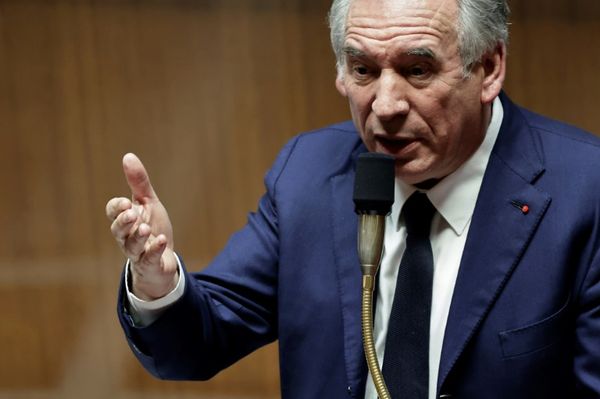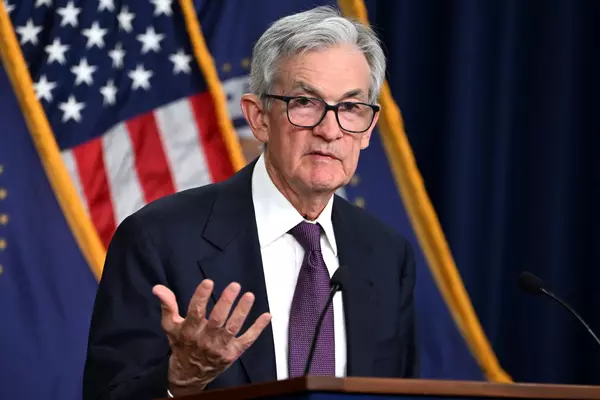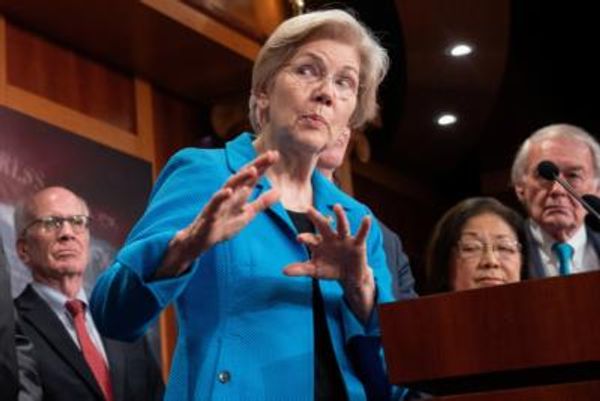
The answers you get in foreign policy, as in life, often depend on the questions you ask. The North Korea question on everyone’s lips in Washington seems to be whether leader Kim Jong Un is about to test an intercontinental ballistic missile. Here in Seoul, everyone wants to know whether President-elect Joe Biden will hold a summit with Kim. Are we barking up the right tree?
Both questions reflect the degree to which our expectations have been conditioned by the events—traumatic and dramatic—of the last few years. Kim’s extraordinary upgrade of his nuclear deterrent started in the Obama years and culminated on President Donald Trump’s watch with the successful test launch of a nuclear-capable ICBM in November 2017, bringing the Korean Peninsula to the brink of war. Six months later, Trump’s penchant for political theater led to a string of summits in Singapore, Hanoi, and Panmunjom, generating a solid framework for improving relations but no tangible progress on the details. After the last U.S.-North Korean talks broke off in Stockholm a year ago, observers spent months on edge for an October surprise of a long-range missile test or a fourth Trump-Kim summit. Neither arrived.
Since Nov. 3, Trump has faced far more pressing concerns than North Korea, as he fights desperately to overturn the results of the election and deny the reality of defeat. Trump’s intransigence is wreaking havoc on the transition process, making it even harder for Biden and Vice President-elect Kamala Harris’s team to prepare for taking the reins come January. No one expects North Korea to rate as a top priority, but nor can it simply be ignored. In that context, what is needed are practical ideas for defusing a crisis before it develops, buying time for responsible diplomacy, and finding a way to move on to a course of steady progress. Rather than ask, will Kim test and will Biden talk, the question is how to navigate the space between provocation and negotiation.
So here’s a modest suggestion. As swiftly as possible, the president-elect should announce plans for a Korean Peninsula policy review. That sounds deadly dull, I know, and it’s no guarantee of progress. But it’s a critical necessity for framing exactly what the United States wants out of the process. Let’s do a quick review of North Korea policy reviews: The George W. Bush administration completed its review in June 2001, by which point the White House was already looking for an exit from the Agreed Framework negotiated by former President Bill Clinton with leader Kim Jong Il. Leaving the Agreed Framework turned out to be a mistake, and Bush reversed course in his second term as North Korea staged a nuclear breakout. Bush turned his hopes to the Beijing-brokered Six Party Talks to get the horse back in the barn, with mixed results. Former President Barack Obama never carried out a policy review, symptomatic of the low priority placed on the North Korea issue. That too turned out to be a mistake, so much so that by the end of his second term, in the one sit-down with incoming President Donald Trump, Obama put Kim Jong Un at the top of the national security inbox. Trump’s National Security Council wasted no time in carrying out a policy review, released in April 2017 (just before Trump hosted Chinese President Xi Jinping at Mar-a-Lago), that promised “maximum pressure and engagement.” That shows that just doing a deliberate review is no guarantee of success. Yet it’s better than just keeping things on autopilot.
Everyone wants to know how the Biden administration will handle North Korea. Hopefully, Biden and Harris don’t know the answer. They shouldn’t, yet—they need trusted advisors to study the options and consult with the players first. A formal policy review does that, while also signaling to Pyongyang (and Seoul) that the new administration does, in fact, care. Moreover, they can add a twist by looking at a slightly older model: the “Perry Process” policy review carried out in Clinton’s second term by former Secretary of Defense William Perry. Consulting extensively across agencies as well as with members of Congress, Perry added an essential ingredient by talking to key stakeholders in the region as part of his review. Most importantly, those discussions included talking to North Korean officials in Pyongyang as Clinton’s special envoy.
There happens to be a perfect candidate out there to carry out this policy review process, assuming he is willing to answer if called back to public service: recently retired U.S. Army Gen. Vincent Brooks. Ask just about anyone who was paying attention to the Korean Peninsula amid the “fire and fury” of 2017 as well as the “peace and denuclearization” diplomacy of 2018 about Brooks, then serving as U.S. Forces Korea Commander, and you are likely to hear only praise. After graduating West Point at the top of his class (the first African American cadet to make First Captain) in 1980, Brooks’ rise to four star afforded him an experience not just of fighting in war, but also—more germane to Korea—of keeping the peace. In 2013, Obama tapped Brooks to command Army forces across the Pacific, giving him a feel for the bigger picture in the region. Brooks combines the acquired wisdom of a distinguished military career, fresh knowledge of Korean Peninsula dynamics, and intuitive good sense of a problem-solver.
So, it’s a small step, but start by entrusting Brooks with a title like special envoy to the Korean Peninsula, empower him to make the interagency rounds starting with the talented team led by the unflappable Stephen Biegun, and then dispatch him to Seoul with a calling card for Pyongyang. Kim Jong Un would be unlikely, and unwise, to pass up the chance to probe the possibilities of negotiating with a new government in Washington.
By meeting North Korean interlocutors (in a third country if necessary, given Kim’s extreme measures to fight off the pandemic), the Brooks Process could prevent the Biden administration from falling into the ditch of refusing “talks for talks’ sake”—a talking point that hobbled North Korea diplomacy in the Obama years. En route home, Brooks could drop by Beijing for input and confer closely with allies in Tokyo. A policy review does not ensure success, but it might at least help keep the possibility of progress open, buying time without wasting bandwidth.







